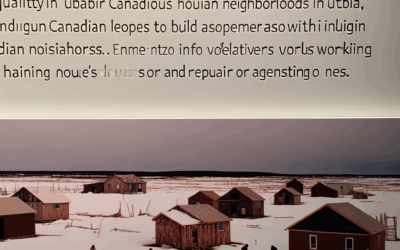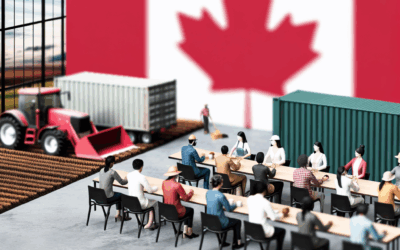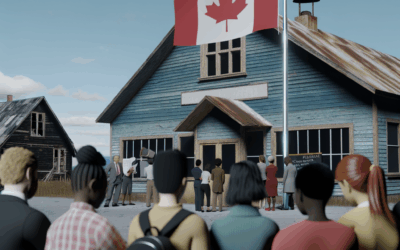Canada’s 2025 Federal Election: Examining the Party Leaders, Their Platforms, and Their Vision for the Future
The election is heavily influenced by Canada’s response to trade threats from the U.S., with recent tariffs on imported cars and car parts heightening economic concerns. Voters are also focused on economic policies, housing affordability, environmental strategies, and healthcare. The leaders’ ability to address these issues while navigating international pressures will be critical in shaping Canada’s future.
As the election date approaches, Canadians are encouraged to engage with the platforms of each party to make informed decisions that will influence the nation’s trajectory in these challenging times.
As Canada approaches the federal election on April 28, 2025, the political landscape is marked by dynamic shifts and pressing issues. Key party leaders are presenting distinct platforms and visions for the nation’s future, with the ongoing trade tensions with the United States under President Donald Trump serving as a pivotal backdrop.
Mark Carney – Liberal Party
Mark Carney, formerly the governor of both the Bank of Canada and the Bank of England, ascended to the leadership of the Liberal Party following Justin Trudeau’s resignation. His economic expertise has been central to his campaign, emphasizing a shift towards the right with policies such as scrapping certain taxes and implementing a middle-class tax cut. Carney has positioned himself as a steady hand capable of navigating Canada through the current trade disputes with the U.S., condemning recent tariffs as a “direct attack” on Canadian workers and pledging to defend national interests.
Pierre Poilievre – Conservative Party
Pierre Poilievre, a career politician known for his populist approach, leads the Conservative Party with a “Canada first” agenda. His platform includes reducing the lowest income tax bracket from 15% to 12.75%, addressing inflation by eliminating budget deficits through a pay-as-you-go law, and defunding the CBC public broadcaster. Poilievre also plans to force big cities to expedite building permits to increase housing construction and proposes selling under-utilized government buildings for conversion into affordable housing. On environmental policy, he advocates for eliminating the federal carbon tax and focusing on green technology, such as carbon capture and storage.
Jagmeet Singh – New Democratic Party (NDP)
Jagmeet Singh continues to lead the NDP with a progressive platform aimed at supporting workers and families during economic challenges. His policies include advocating for student loan forgiveness, reducing carbon emissions, and implementing universal drug coverage. Singh has criticized both the Liberals and Conservatives for favoring the wealthy and emphasizes the need for a government that prioritizes the average Canadian. Despite these initiatives, the NDP faces challenges in the polls and risks losing official party status.
Yves-François Blanchet – Bloc Québécois
Yves-François Blanchet leads the Bloc Québécois with a focus on Quebec sovereignty and protecting the province’s interests. His platform emphasizes trade diversification and advocating for French-language rights. Blanchet has noted the fluidity of political fortunes, remarking, “What goes up must come down,” in response to shifting poll numbers.
Jonathan Pedneault and Elizabeth May – Green Party
The Green Party, co-led by Jonathan Pedneault and Elizabeth May, continues to prioritize environmental issues, housing as a human right, and Indigenous reconciliation. Pedneault is running for a seat in Outremont, Montreal, while May is stepping back from the spotlight. The party aims to expand its representation in the House of Commons, building upon its current two seats.



